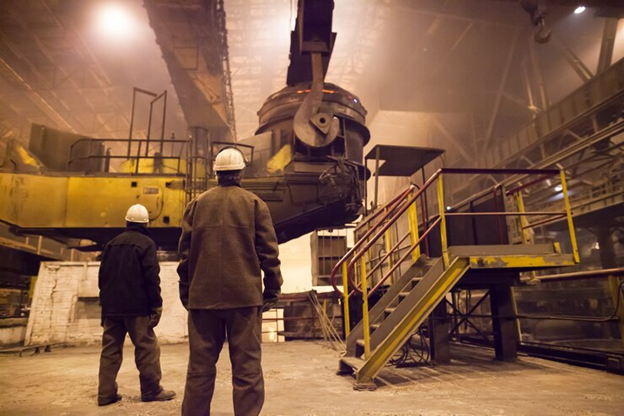High-duty operations are vital for numerous industries, including construction, manufacturing, logistics, and transportation industries. Maintaining these operations and making certain that they are as effective as possible is very important to achieve maximum production with minimal expense.
This article focuses on strategic elements that can be implemented to maximize the efficiency of heavy-duty tasks, with particular reference to equipment and services. To learn more in detail, keep reading this guide till the end.
1. Implementing Advanced Planning and Scheduling Techniques
Effective scheduling and planning are important for the efficient functioning of heavy-duty activities. Applying the best software tools can be beneficial for organizing resources, managing projects, and optimizing processes. Some of the tools that are used in planning include Gantt charts, critical path methods (CPM), and enterprise resource planning (ERP) systems to facilitate planning and anticipation of problems within a business to complete projects in time.
2. Leveraging Specialized Equipment and Services
The effectiveness of an organization’s operations can also be enhanced by choosing appropriate tools and solutions. For example, getting truck winch sales is extremely useful in situations that involve the towing and recovery of a large vehicle where goals are met efficiently and without accidents. These powerful tools extend the capacity of trucks to address cumbersome loads and hazardous terrains and hence, optimize the functionality of operations.
3. Enhancing Workforce Training and Development
Professionalism and competencies of employees or workers are crucial for efficiency in the operation of heavy-duty facilities. Training and development of employees also prevent the company from experiencing obsolescence because the employees are well-informed on the latest technologies, safety measures, and advanced operations.
Another advantage of investing in training is that it results in increasing productivity because employees do not engage in accidents and damaged equipment. Promote staff development and training to keep the employees knowledgeable and interested in their jobs.
4. Promoting Safety and Compliance
In the heavy-duty environment, safety and compliance hold a premium position in most industries. Staying compliant with the norms and laws that govern the industries, in addition to safeguarding employees, helps prevent probable legal cases and fines. Establish broad safety measures, conduct assessments and safety checks, and ensure that all instruments are safe based on a reliable verification system.
For instance, crane leasing allows industries to use reliable, certified, and safe cranes as opposed to owning substandard and faulty equipment. Emphasizing the goal of safety and offering repeated safety training will help avoid accidents and establish a safe working environment.
5. Utilizing Data Analytics and Predictive Maintenance
Today, data analytics and predictive maintenance are regarded as great tools for managing heavy-duty operations. Companies would be able to gather large quantities of data from various equipment and operations and make a form of assessment of their performance and areas of concern.
Computerized methods including vibration analysis and thermal imaging aid in the early detection of faults before they cause major failures. Applying these technologies can increase the durability of the equipment, increase the resource’s availability, and improve its effectiveness.

